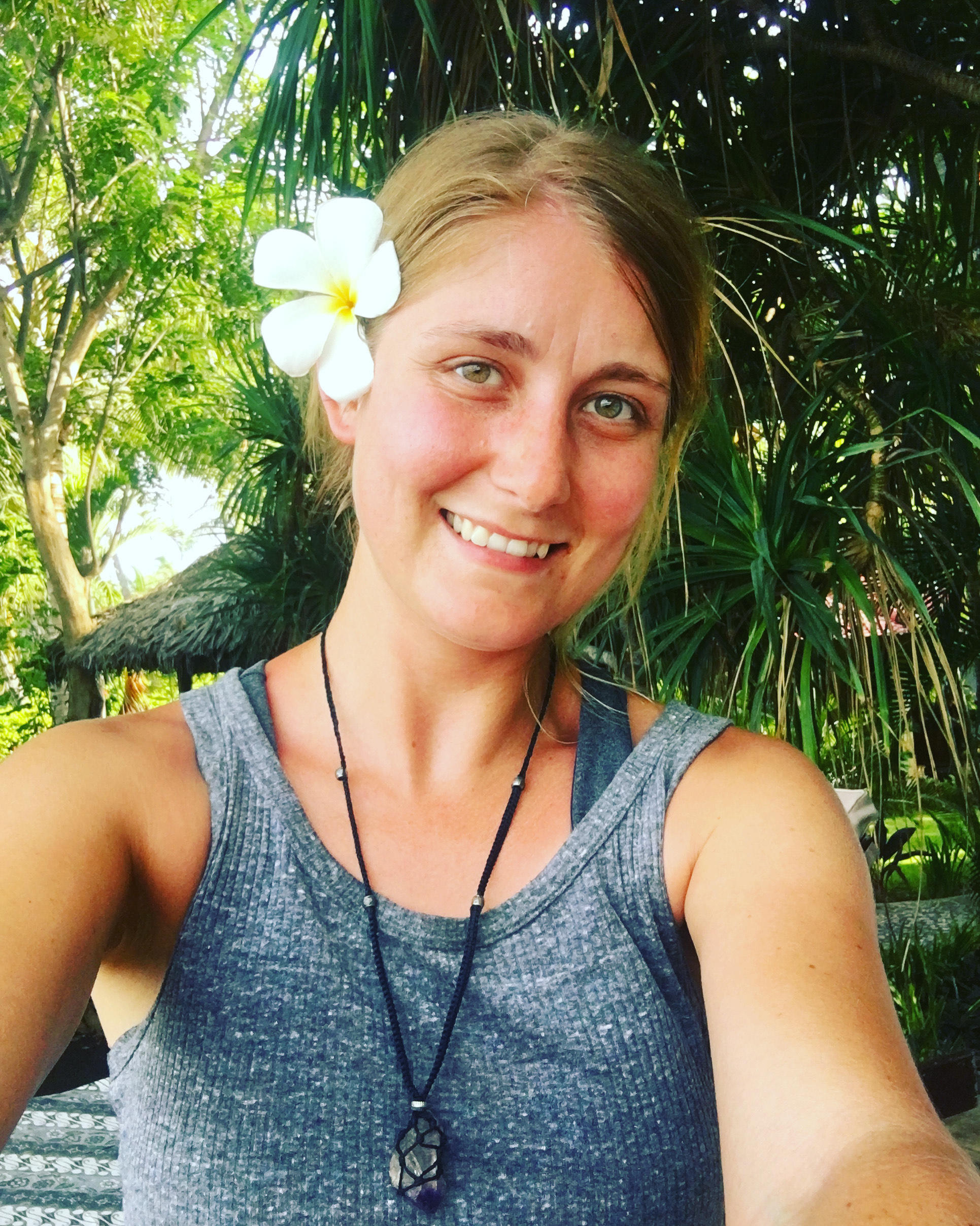South Africa, our vibrant nation where each tongue tells its own story and nurtures its dreamers. If you want to learn the language, try Afrikaans lessons online.
C. Louis Leipoldt and N.P. van Wyk Louw didn't just write; they wove tales that transcended language and culture, painting vivid portraits of a nation grappling with its identity.
The tapestry grows richer with Breyten Breytenbach, whose poetry burns with political conviction, and Ingrid Jonker, often called "South Africa's Sylvia Plath" for her raw, honest verses. Their words continue to echo through time, touching hearts across continents.
André P. Brink dared to challenge apartheid through powerful prose, while Antjie Krog helped us understand the true meaning of reconciliation. These weren't just authors - they were witnesses to history, chroniclers of change.
Today, their legacy thrives. With three Booker Prize winners, South African literature stands tall on the world stage, proving that these remarkable storytellers planted seeds that continue to bear fruit. They didn't just tell stories - they changed the way we see the world, one word at a time.

N.P. van Wyk Louw
N.P. van Wyk Louw, a literary giant born in the dusty streets of Sutherland, revolutionised Afrikaans literature with his magnificent voice and visionary spirit.
Louw's journey was one of relentless pursuit of excellence, earning him five Hertzog Prizes and an honorary doctorate from Utrecht University.
But his true legacy lies in how he transformed Afrikaans poetry, mastering every form with unparalleled skill and daring to dream bigger than most. Louw didn't just create beautiful verses; he elevated Afrikaans literature from local realism to universal truth, paving the way for future generations of poets.
| Year | Publications | Genre |
|---|---|---|
| 1935 | Alleenspraak (Monologue) | Poetry |
| 1937 | Die Halwe Kring (The Semicircle) | Poetry |
| 1941 | Raka | Epic Poem |
| 1956 | Germanicus | Tragedy |
Breyten Breytenbach
Breyten Breytenbach forged words into weapons that shook the foundations of apartheid South Africa. His verses, like the haunting "Die Maan is 'n Silwer Skree", bent language to his will, creating new expressions that broke free from traditional constraints. Even behind prison bars, his creativity flourished, producing five volumes of poetry and prose that resonated with a deeper power.
Breytenbach's unwavering spirit and multi-faceted artistry not only earned him international acclaim but also cemented his place as a towering figure in South African literature, inspiring generations to come.
| Year | Works | Genre |
|---|---|---|
| 1964 | Die Ysterkoei Moet Sweet | Poetry |
| 1976 | 'n Seisoen in die Paradys | Prison Writings |
| 1983 | Mouroir: Bespieëlende notas | Novel |
| 1984 | The True Confessions of an Albino Terrorist | Memoir |
André P. Brink
André Philippus Brink illuminated the path of resistance through his powerful prose. Brink's voice resonated against the confines of Afrikaner fiction, challenging the oppressive silence of apartheid. His novel "Kennis van die Aand", the first banned Afrikaans book, became a symbol of defiance, transforming his pen into a sword that slashed through injustice.
Brink's words, now echoing in thirty languages, not only earned him international acclaim but also touched hearts behind prison walls, with Nelson Mandela acknowledging, "You changed the way I saw the world."
From the halls of academia to the global stage, Brink's legacy continues to inspire, reminding us of literature's power to shape consciousness and spark change in the face of adversity.
| Year | Books | Achievement |
|---|---|---|
| 1973 | Kennis van die Aand | First banned Afrikaans book |
| 1979 | A Dry White Season | Adapted into acclaimed film |
| 1982 | A Chain of Voices | Won CNA Award |
| 2012 | Philida | Final novel |
Ingrid Jonker

From a six-year-old girl penning verses to a voice that shook a nation, Ingrid Jonker's journey embodies the transformative power of poetry.
Her masterpiece, "The Child," born from the tragedy of apartheid, transcended its origins to become a beacon of hope and reconciliation. When Nelson Mandela read her words at the dawn of South African democracy, Jonker's verses bridged past and future, proving that the most profound changes can arise from the smallest beginnings.
Today, her poetry, translated into numerous languages and celebrated across various art forms, continues to inspire new generations, reminding us that a single voice, armed with truth and passion, can indeed change the world.
| Collection | Year | Significance |
|---|---|---|
| Na die Somer | 1946 | First collection (age 13) |
| Ontvlugting | 1956 | First published book |
| Rook en Oker | 1963 | Won Afrikaanse Pers-Boekhandel Prize |
| Kantelson | 1966 | Published posthumously |
Antjie Krog
Antjie Krog's journey from a rebellious 17-year-old poet to one of South Africa's most vital voices is a testament to the power of words in shaping culture. Her fearless verses sent ripples through apartheid-era South Africa, setting the stage for a career that would bridge journalism, academia, and activism.
As a witness to history during the Truth and Reconciliation Commission, Krog brought the nation's painful past into focus, while her work at the University of Western Cape breathes new life into historical texts through translation.
Today, as Director of the Institute for Justice and Reconciliation, she champions the preservation of Khoisan languages, ensuring that the whispers of ancient voices continue to resonate in the vibrant tapestry of South African culture.
| Publication | Year | Recognition |
|---|---|---|
| Dogter van Jefta | 1970 | First poetry collection |
| Country of My Skull | 1998 | International acclaim |
| Body Bereft/Verweeskrif | 2006 | Bilingual masterpiece |
| Begging to Be Black | 2009 | Critical success |

Elisabeth Eybers
Elisabeth Françoise Eybers, a literary luminary, ignited a revolution in Afrikaans poetry, shattering gender barriers and paving the way for future generations of female voices. Her seven-decade journey through verse painted vivid portraits of life's myriad stages - from the tender moments of motherhood to the bittersweet reflections of aging.
Eybers' extraordinary evolution from a pioneering voice in South African literature to a celebrated figure in Dutch poetry exemplifies the transformative power of art, inspiring writers to push boundaries and explore new horizons.
| Collection | Year | Significance |
|---|---|---|
| Belydenis in die skemering | 1936 | First female-authored Afrikaans poetry collection |
| Die ander dors | 1946 | Marked stylistic evolution |
| Tydverdryf/Pastime | 1996 | Bilingual masterpiece |
| Versamelde gedigte | 2004 | Comprehensive collection spanning 63 years |
Etienne Leroux
Etienne Leroux transformed Afrikaans literature with his satirical brilliance and psychological depth. From his cattle farm, Leroux crafted characters that danced between laughter and tears, weaving Jungian psychology and ancient myths into modern South African narratives. His masterful trilogies, including the renowned "Sewe dae by die Silbersteins," challenged censors and captivated readers, transforming the literary landscape.
Leroux's legacy continues to inspire inviting new generations to explore the delicate balance between order and chaos in society's sacred stories. His journey from banned author to celebrated literary icon embodies the power of words to evolve, provoke, and ultimately transcend.
| Book | Year | Recognition |
|---|---|---|
| Sewe dae by die Silbersteins | 1962 | Hertzog Prize |
| Een vir Azazel | 1964 | CNA Literary Award |
| Magersfontein, o Magersfontein! | 1976 | CNA Literary Award, Hertzog Prize |
For those eager to explore more, try Afrikaans lessons to delve deeper into the language's beauty.
C. Louis Leipoldt
Christian Frederik Louis Leipoldt embodied the spirit of a nation in transition. From war correspondent to celebrated poet, Leipoldt's pen danced between English and Afrikaans, crafting verses that captured the Afrikaner soul while prophetically challenging the very nationalism he was thought to champion.
His "Slampamperliedjie" poems and the long-hidden Valley trilogy stand as testaments to his visionary insight, offering a glimpse of a unified South African future.
| Genre | Work | Year |
|---|---|---|
| Poetry | Oom Gert vertel en ander gedigte | 1911 |
| Poetry | Uit drie wêrelddele | 1923 |
| Drama | Die heks | 1923 |
| Drama | Die laaste aand | 1930 |

D.J. Opperman
Diederik Johannes Opperman, born in 1914 in the unlikely coal-mining town of Dundee, emerged as a transformative force in Afrikaans poetry, embodying the spirit of literary evolution. Like a master weaver, Opperman intricately threaded historical moments, African tales, and Western myths into a tapestry of verse that spoke to both past and future.
His innovative "metafisiese beeldespel" became the cornerstone of his artistic vision, breathing new life into old stories. Opperman nurtured generations of writers, while his magnum opus, "Groot Verseboek", stands as a testament to his enduring impact on the Afrikaans literary canon.
| Year | Collection | Recognition |
|---|---|---|
| 1945 | Heilige Beeste | Hertzog Prize |
| 1949 | Joernaal van Jorik | Critical acclaim |
| 1956 | Groot Verseboek | Definitive anthology |
| 1979 | Komas uit 'n bamboesstok | Multiple awards |
Eugène Marais
Beneath the African sky, where baboons chatter and termites build their castles, walked a man who spoke both the language of science and poetry. Eugène Nielen Marais, born in 1871, carried within him an extraordinary gift - the ability to see into the souls of creatures great and small.
Marais' groundbreaking observations of baboons and termites laid the foundation for modern evolutionary biology, while his literary works, including the iconic poem "Winternag", ignited the Afrikaans literary movement. Marais' unique ability to unveil nature's secrets and articulate them with poetic grace reminds us of the profound impact one visionary individual can have on science, literature, and cultural identity.
| Category | Work | Year |
|---|---|---|
| Scientific | Die Siel van die Mier | 1925 |
| Scientific | The Soul of the Ape | 1969 |
| Poetry | Winternag | 1905 |
| Folk Tales | African Folk Tales | Various years |
Ready to Discover our Afrikaans Wordsmiths?
Each writer has added their own colour to this vibrant canvas, their words painting pictures that reach far beyond the borders of language and time.
Ready to turn the pages of some Afrikaans books?
Why not start with Andre Brink's powerful prose or Ingrid Jonker's heart-stopping poetry?
Let their words guide you through the story of a nation finding its voice, one page at a time.
Summarise with AI:















